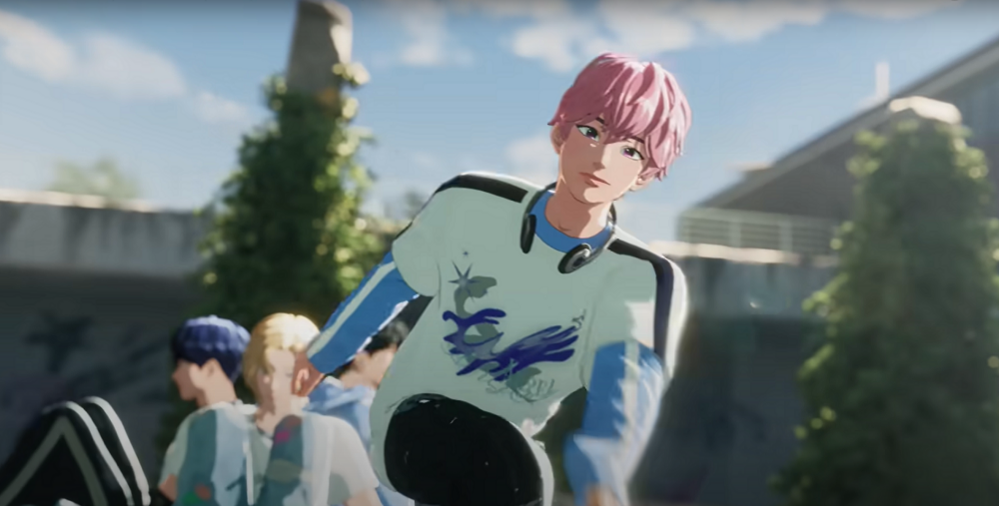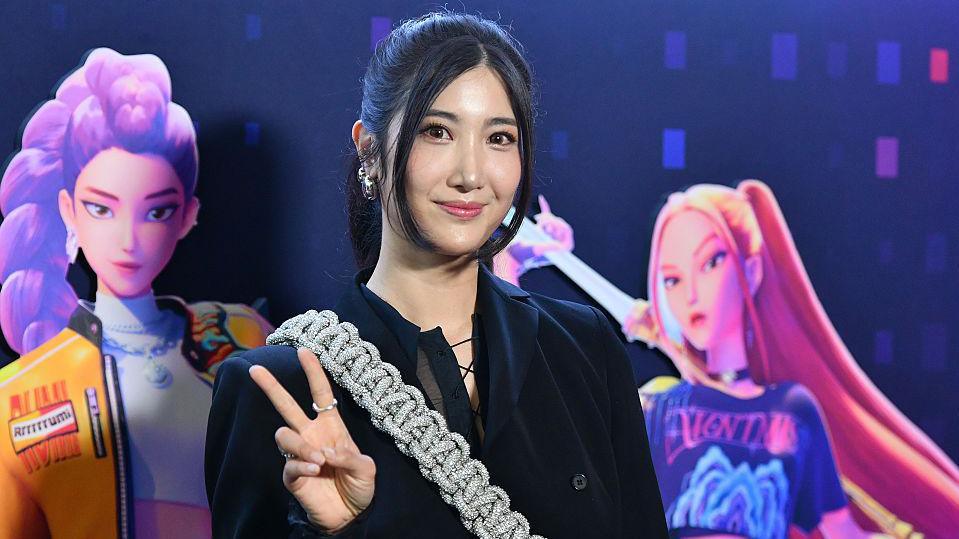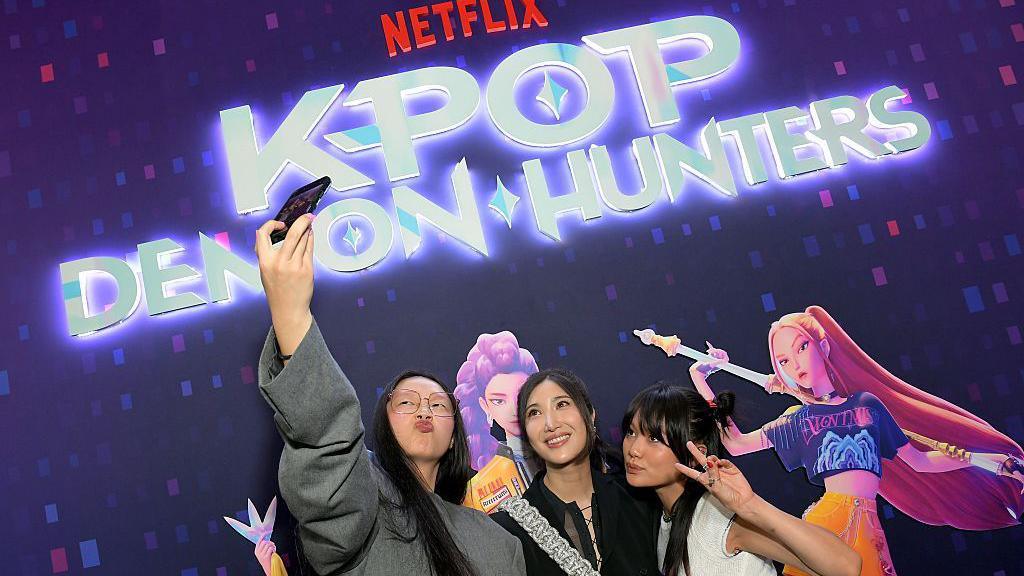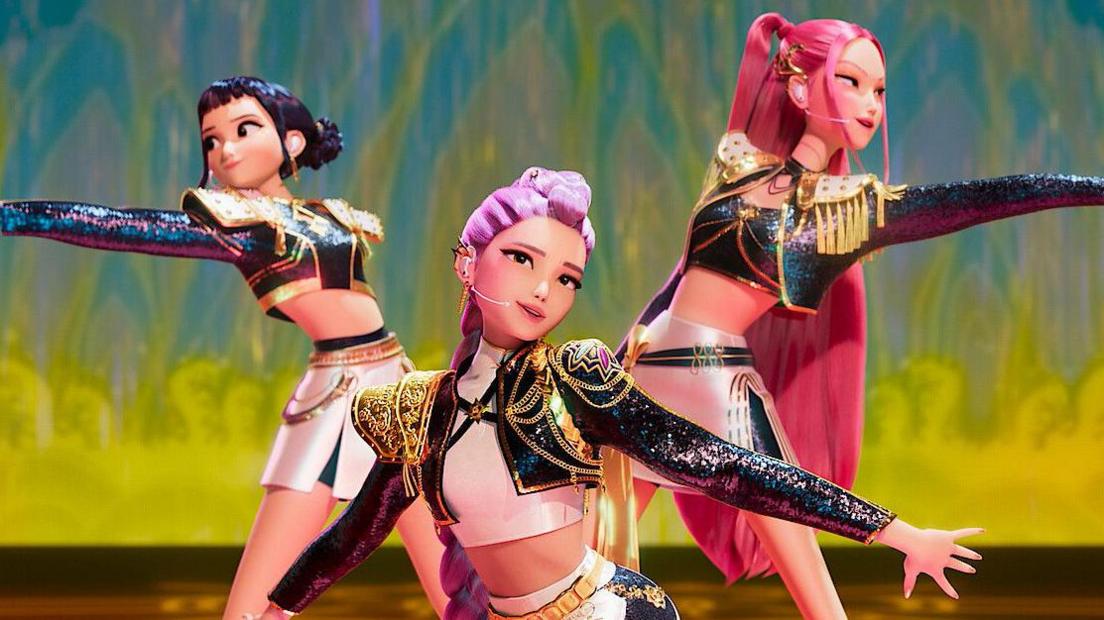Can you be sued for defaming virtual K-pop stars? South Korea court says yes

Plave's agency filed a civil suit against against a social media user for criticising the group online
- Published
A court in South Korea has ordered a social media user to pay 500,000 won ($360; £265) for defaming a K-pop boyband - whose members are virtual characters.
The five members of K-pop group Plave are voiced and animated through motion-capture technology by real, anonymous performers.
Last year, Plave's agency filed a civil suit against against a social media user for making derogatory remarks about the group online.
The ruling by the court, handed down in May and made public on the court's website this month, is among the first to deal with virtual K-pop idols - an increasingly popular breed in South Korea's entertainment industry.
Plave, which debuted in 2023, is one of K-pop's most successful virtual stars, with more than one million followers on its YouTube channel where they regularly post music videos and vlogs.
They are also a regular at the country's biggest music awards. Their song Way 4 Luv was nominated for best vocal performance and song of the year at the 2024 MAMA Awards. This year, they won a major prize at the Seoul Music Awards.
In July 2024, the defendant targeted Plave in a series of posts - some containing profanity. Among them were comments that the people behind the avatars "could be ugly in real life" and gave off a "typical Korean man vibe", Korea Times reported.
The defendant claimed that the comments were aimed at the fictional characters and not the real people behind them.
But the court rejected the argument, saying that if an avatar was widely recognised to represent someone real, then attacks on the avatar also extended to the real person.
Plave's agency, Vlast, had asked for 6.5 million won for each of the five performers behind the group, saying that the comments had caused them emotional distress.
What the court granted them instead was a fraction of that: 100,000 won per person. The court said it had decided on the amount after considering the severity of the offending comments and the circumstances surrounding the incident, local media reported.
Vlast has appealed the damages stated by the court, arguing that the case set an important precedent for defamation of virtual avatars.
Advocates of virtual K-pop idols say the avatars can alleviate pressure from human idols, who face intense scrutiny over their personal lives.
Hosu Lee contributed reporting.
Related topics
- Published2 August

- Published12 August

